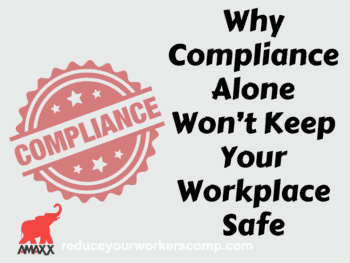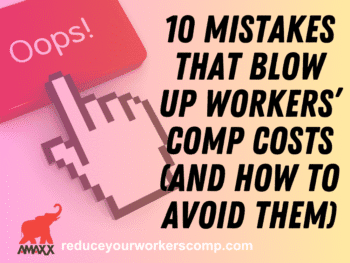The January issue of the journal Anesthesiology examines the issue of burnout among anesthesiologists.
Two studies provide significant burnout statistics among these highly trained medical specialists, and editorials offer personal perspective on the issue as well as advice on how best to avoid professional burnout.
Physicians at both ends of their career are at high risk for burnout. In particular, more research is needed to better understand why so many young physicians are suffering burnout early in their careers.
In one study, researchers at Vanderbilt University School of Medicine developed an online survey given to all medical personnel in a preoperative unit.
“We found that physicians, particularly residents, had less job satisfaction and personal support than nurses or nurse anesthetists,” said Steve Hyman, M.D., M.M., Vanderbilt University School of Medicine. “The results showed that physicians, especially younger ones, had higher levels of cynicism and emotional exhaustion and are at a high risk of burnout. This is a particularly troubling finding as we look to the future of Americas health care system. We need a strong young physician base.”
The online survey included demographics, a modified version of the Maslach Burnout Inventory-Human Services Survey, and the Social Support and Personal Coping Survey. Of the 145 responses, 46 percent were physicians (23 percent residents), 44 percent were nurses or nurse anesthetists and 10 percent were other personnel.
“More research is needed to identify the highest-risk groups and contributory factors, and to evaluate prevention and treatment interventions,” said Hyman. “As in other professions where burnout can affect quality of work, burnout in health care workers has a huge potential financial impact as well as affecting the quality of patient care.”
Another study completed at Northwestern University Feinberg School of Medicine showed a high percentage of senior physicians are also struggling with burnout.
“Our data suggest that burnout is evident in approximately one half of the chairs of academic anesthesiology departments,” said Robert McCarthy, PharmD, Northwestern University Feinberg School of Medicine and lead study author. “This has substantial implications not only on the individual physician and his/her patients, but also the functioning of the department and the training of future anesthesiologists.”
McCarthy surveyed 102 anesthesiology department chairs (the departments most senior physician) using an instrument that included the Maslach Burnout Inventory. The survey examined the participants job satisfaction compared with one and five years prior to the survey, the likelihood of stepping down as chair in the next two years and a high risk of burnout.
Of those surveyed:
1. Thirty-four percent reported high job satisfaction currently. (This was a significant decline compared to job satisfaction reports one and five years prior to the survey.)
2. Twenty-eight percent reported extreme likelihood of stepping down as a chair in one to two years.
3. Twenty-eight percent also met the criteria for high burnout, and an additional 31 percent were in the moderately-high burnout category.
The study found that age, gender, years as a chair, hours worked and perceived effectiveness were not associated with high burnout. Low job satisfaction and reduced self-reported spouse/significant other support, however, significantly increased the risk.
For more information, visit the Anesthesiology Web site at: www.anesthesiology.org.
Author Rebecca Shafer, JD, President of Amaxx Risks Solutions, Inc. is a national expert in the field of workers compensation. She is a writer, speaker and website publisher. Her expertise is working with employers to reduce workers compensation costs, and her clients include airlines, healthcare, printing/publishing, pharmaceuticals, retail, hospitality and manufacturing. See www.LowerWC.com for more information. Contact: RShafer@ReduceYourWorkersComp.com or 860-553-6604.
WC IQ TEST: http://www.workerscompkit.com/intro/
WORK COMP CALCULATOR: http://www.LowerWC.com/calculator.php
MODIFIED DUTY CALCULATOR: http://www.LowerWC.com/transitional-duty-cost-calculator.php
WC GROUP: http://www.linkedin.com/groups?homeNewMember=&gid=1922050/
SUBSCRIBE: Workers Comp Resource Center Newsletter
Do not use this information without independent verification. All state laws vary. You should consult with your insurance broker or agent about workers comp issues.
SUBSCRIBE: Workers Comp Resource Center Newsletter
Do not use this information without independent verification. All state laws vary. You should consult with your insurance broker or agent about workers comp issues.
©2011 Amaxx Risk Solutions, Inc. All rights reserved under International Copyright Law. If you would like permission to reprint this material, contact Info@WorkersCompKit.com.
























